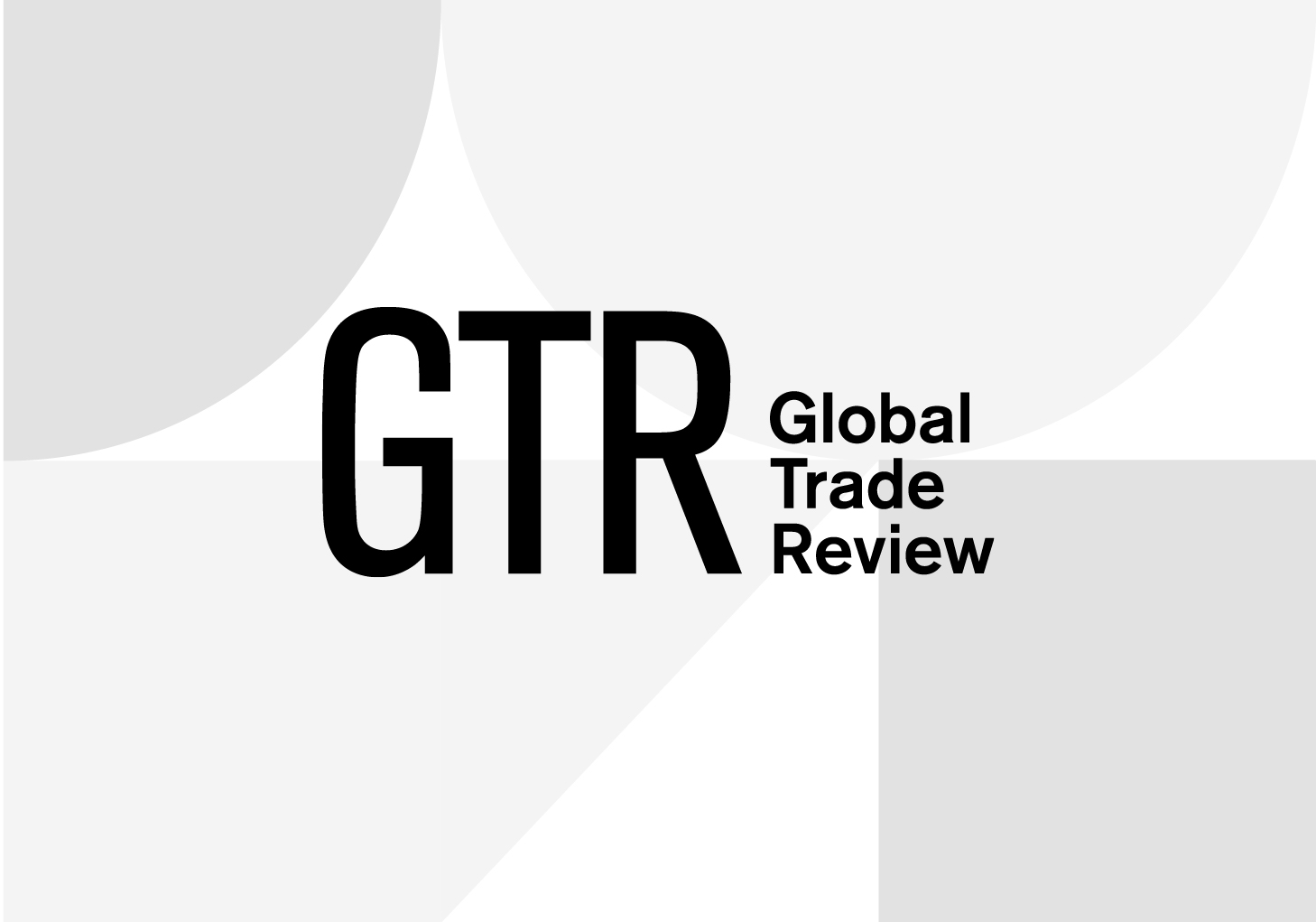Is Basel faulty? This was the question posed at the start of GTR and Swift’s interactive workshop held at this year’s Sibos conference.
The event aimed to unravel the various elements of Basel III and how they impact on trade finance and the amount of capital banks should allocate against their trade assets.
David Gustin, president of Global Business Intelligence (GBI) led the session: “Among the hot issues in trade right now are the Basel reforms and their unintended impact on trade finance.
“Most trade bankers have not had to really understand why capital gets charged to their trade transactions in the past because it was relatively cheap. Basel II changed that, and Basel III does so even more,” he comments.
Rather than listen to reams of information on the various calculations required, the session got bankers on their feet, divided up into groups and set to work on a number of example transactions to see how they interpret Basel regulations.
“We decided to put a simple trade reference portfolio of both corporate and financial institution transactions for this workshop to give trade bankers a sense of how they would allocate capital if this was their business. We broke the group into three teams,” explains Gustin.
Each group approached the transactions slightly differently, which is perhaps indicative of the widespread confusion surrounding the application of the Basel II rules, and the proposed, and regularly disputed, Basel III regulations.
“One team fell back to the old Basel I rules, and others argued the merits of each transaction (embedded security, documentation),” notes Gustin.
He adds that the exercise really served to highlight some of the intrinsic difficulties in Basel’s various recommendations.
“It was an education in risk management that certainly helped these bankers understand the granularity of each transaction.
“I think the group came away with the feeling that how could the Basel Committee just impose a ‘one size fits all’ to these transactions when each are very different in their own right,” Gustin suggests.
One of the team members, Bruce Proctor, trade and supply chain product management executive at Bank of America Merrill Lynch, praised the format of the session, remarking to GTR on the real practical help the session offered.
“The interactive trade workshop was a tremendously useful exercise. It allowed the participants to be directly involved in the mechanics of the capital allocation process, while highlighting the various interpretations arising under the proposed regulations.
“The workshop format is one which should be an important component of future transactional business presentations at Sibos.”
The workshop was partly following up on the issues raised in a seminar held earlier in the day. Again hosted by Gustin, the panel included Dan Taylor, former vice-chairman of the ICC commission on banking techniques and practice, and newly hired by JP Morgan treasury and securities services’ global market infrastructure team; Bruce Proctor at Bank of America Merrill Lynch; Stuart Nivison, head of trade services and supply chain for Europe, at HSBC; and Marc Auboin, counsellor, economic research and statistics, World Trade Organisation (WTO).
GTR spoke to HSBC’s Nivison after the seminar. He was keen to assert that the fundamental framework of Basel wasn’t necessarily incorrect; rather regulators just need to be made aware of the unique nature of trade finance assets.
“The message here is not that Basel is faulty, but that if you want to avoid a lack of trade finance you really want something in there that encourages banks to home in on trade to ensure there’s lots of liquidity and availability.
If you don’t do that – you run the risk of a shortage of trade finance – or you have to paper over the cracks with multilaterals, ECAs and governments proving trade support programmes and funding programmes.
“These are really sticking bandages – and are doing something that the banking system should be encouraged to do itself – especially as trade finance is low risk.”
Nivison also spoke highly about the new trade debt register recently released by the ICC and the Asian Development Bank which provides detailed evidence of the low risk and low default rate of trade finance. This document will be used to demonstrate to the Basel committee why trade finance should be treated differently.
“This is the first time we have the industry aligning and finding a commonality of voice and that’s the only way we are going to be listened to,” he added.







